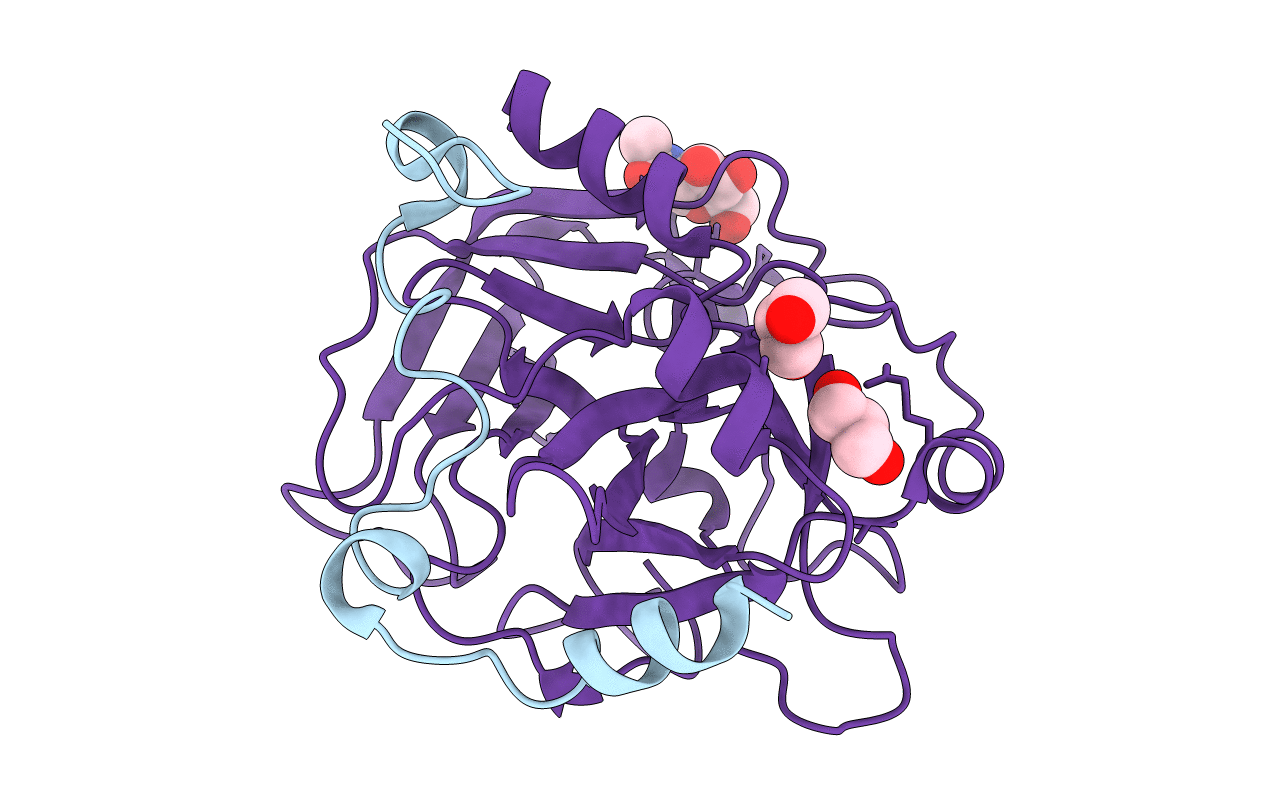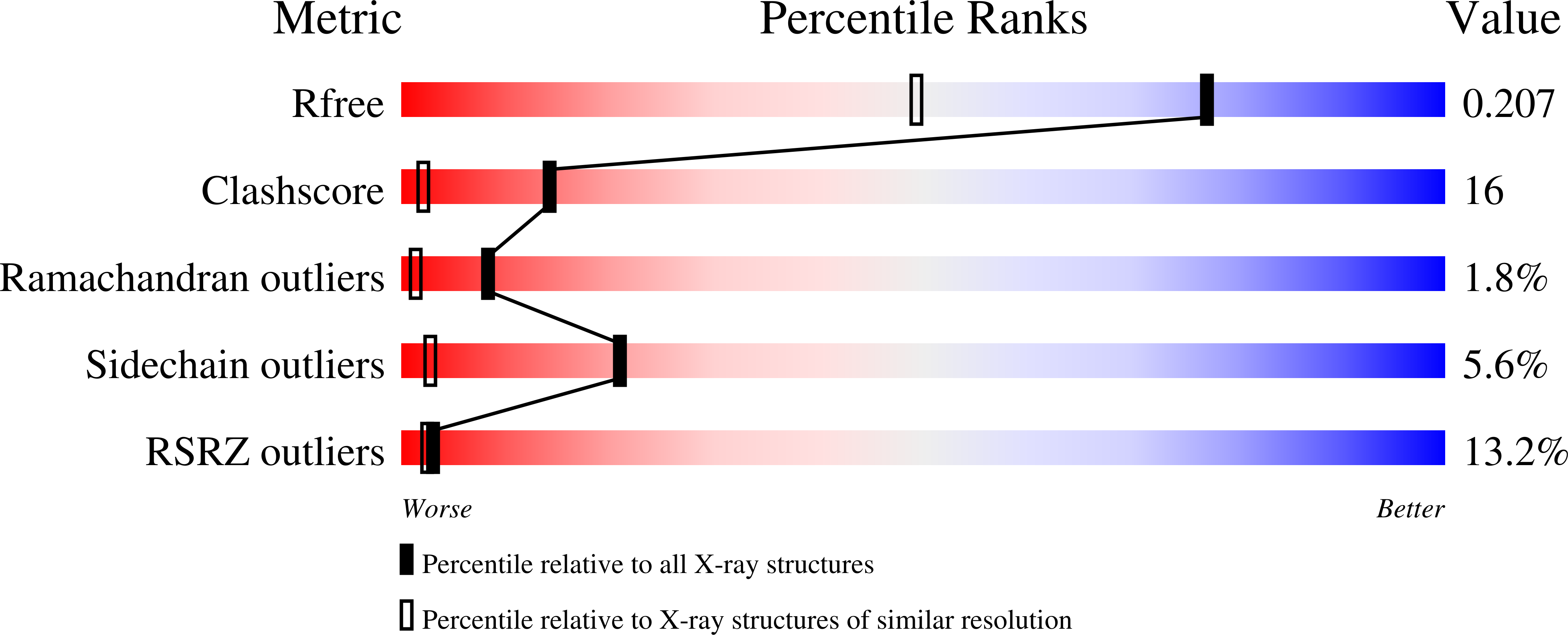
Deposition Date
2007-11-19
Release Date
2007-12-25
Last Version Date
2024-10-16
Entry Detail
PDB ID:
3BEI
Keywords:
Title:
Crystal structure of the slow form of thrombin in a self_inhibited conformation
Biological Source:
Source Organism(s):
Homo sapiens (Taxon ID: 9606)
Expression System(s):
Method Details:
Experimental Method:
Resolution:
1.55 Å
R-Value Free:
0.21
R-Value Work:
0.19
R-Value Observed:
0.19
Space Group:
P 43


